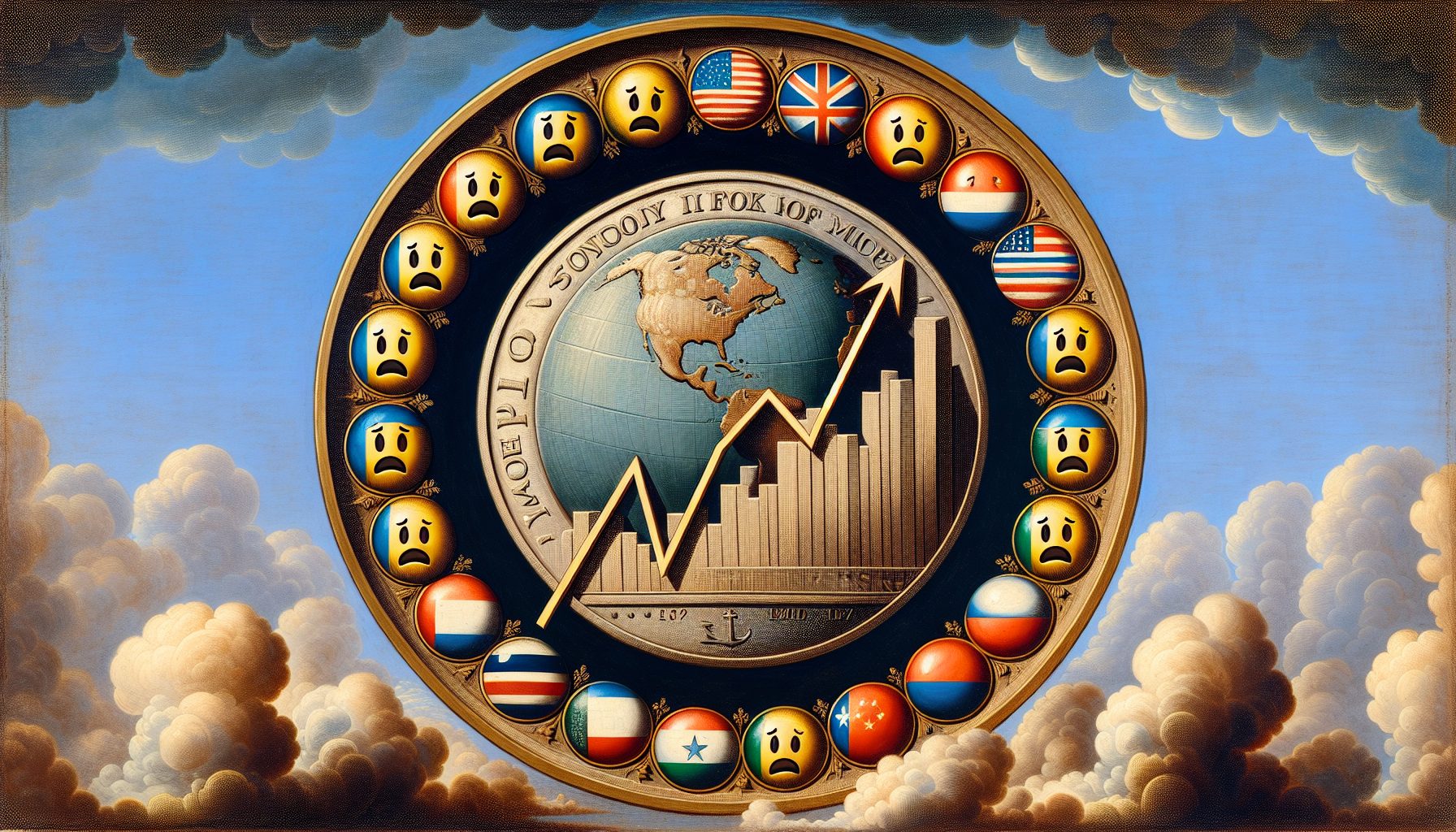TOKYO (Reuters) – Japan’s Toshiba Corpsurrendered in the high-definition home movie war on Tuesday, giving upon its HD DVD format after losing the support of key studios andretailers to the Blu-ray technology backed by Sony Corp.
The decision by the electronics maker ends the battle with aconsortium led by Sony over who would set the standard for the nextgeneration of discs, a fight that confused shoppers and stalled a moveto the new technology in the $24 billion home DVD market.
The Blu-ray win means consumers no longer have to choose betweenrival incompatible formats and run the risk of being stuck with a 21stcentury equivalent of Betamax, Sony’s videotape format that lost out toVHS in the 1980s.
Toshiba, which had hoped HD DVD would drive growth in its consumerelectronics business, said it would aim to end its HD DVD business bythe end of next month.
"This was a very difficult decision to make … but when we thoughtabout the trouble we would cause to consumers and our partners, wedecided it was not right for us to keep going with such a smallpresence," Toshiba Chief Executive Atsutoshi Nishida told a newsconference.
The company said it would continue to service existing HD DVDproducts, and added it expected bigger profits over the next year as itwill cut spending earmarked to promote HD DVD.
The tide turned against HD DVD after the defection to Blu-ray by Time Warner Inc’s Warner Bros studio last month.
The following week, Blu-ray took 93 percent of next-generation DVD hardware sales in North America, according to the NPD group.
Big U.S. retailers took their cue, including Wal-Mart Stores Inc, Best Buy Co Inc and online video rental company Netflix Inc, and pundits began writing obituaries for HD DVD.
Blu-ray made up 81 percent of all high-definition disc sales in theweek ending February 10, according to Nielsen VideoScan First Alert.
But the Blu-ray win comes just as digital movie downloads appear onthe market, rolling out movies and TV shows on high-speed Internetconnections and bypassing the disc altogether. That could limit growthfor Blu-ray, analysts said.
"(DVDs) will not disappear, but downloading to hard drives and NANDflash memory may grow faster," JP Morgan analyst Yoshiharu Izumi wrotein an e-mail.
CUTTING LOSSES
While Toshiba has lost the chance to be the leader in the nextgeneration of movie discs, investors welcomed its decision to cut itslosses on HD DVD early and invest in more promising businesses.
Toshiba’s shares leapt nearly 6 percent on Monday, although theypulled back 0.6 percent on Tuesday compared with a 0.9 percent rise inthe benchmark Nikkei average .N225.
Toshiba twinned the HD DVD exit with an announcement that it and partner SanDisk Corp would spend about 1.7 trillion yen ($15.7 billion) on two new flashmemory plants in a bid to catch up with industry leader SamsungElectronics in the fast-growing market.
Investors are now waiting to see if and how Toshiba will get access to Blu-ray technology for its home electronics business.
"It’s going to have to buy the technology from elsewhere or pay Sonyor Matsushita for the licenses," said Tetsuro Miyachi, senior portfoliomanager at Franklin Templeton Investments Japan. "But the company sawthat this is still better than just continuing on with losses of tensof billions of yen each year."
CEO Nishida said Toshiba has "absolutely no plans" to make or sell Blu-ray players.
Toshiba has HD DVD agreements with studios including NBC Universal’s Universal Pictures, Viacom Inc’s Paramount Pictures and DreamWorks Animation SKG Inc, which will now likely switch to Blu-ray.
Existing Blu-ray supporters include News Corp’s 20th Century Fox, Walt Disney Co and Lions Gate Entertainment Corp. Sony’s PlayStation 3 game console also plays Blu-ray films.
Toshiba, which began sales of HD DVD players in March 2006, has sold1 million players and recorders, including sales of drives for anothersupporter, Microsoft Corp, for its XBox 360 game console. Another roughly 700,000 HD DVD drives have been sold for PCs.
But Blu-ray discs could face increasing competition from Internet movie download services from the likes of Apple Inc, Amazon.com, and Netflix Inc.
"We are going to have to work extra hard to make up for these two years," said a Matsushita official who declined to be named.
(Additional reporting by Yoko Kubota; editing by Rodney Joyce, Paul Bolding)
? Reuters 2008 All rights reserved








